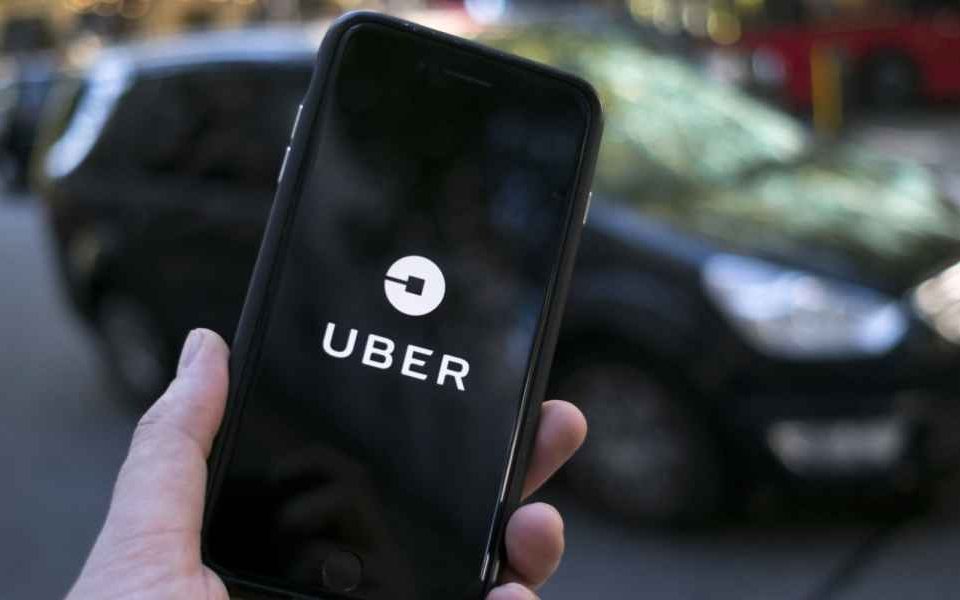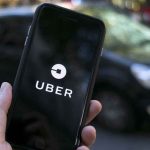Uber loses a major employment rights case as UK Supreme Court rules its drivers are workers; Is this the end of Uber as we know it?

The U.K.’s Supreme Court upheld a long-awaited ruling that Uber’s drivers should be classified as workers rather than independent contractors. The ruling, which could jeopardize Uber’s business model, has broader ramifications for the so-called gig economy and huge implications for Uber’s U.K. business which has an estimated workforce of 5.5 million people. Since the ruling came from the highest court in the U.K., Uber cannot appeal the case.
The ruling is one of the series of setbacks faced by the beleaguered ride-hailing company. Last year, Uber laid off 3,700 employees, about 14% of its entire workforce. As people spend more time at home, Uber’s core business was devastated by the coronavirus pandemic. Then Uber cut 3,000 more jobs less than two weeks after an initial round of layoffs.
Uber is in trouble and the company knows it. In its last earnings report on February 6, Uber also posted a net loss of $1.1 billion in the fourth quarter. Uber also lost $1.2 billion in the previous quarter. And the quarter before that was terrible when Uber posted a jaw-dropping loss of $5.2 billion in just three months.
The U.K. legal case started back in 2016 when an employment tribunal ruled that Uber’s drivers should be classified as workers entitled to rights such as a minimum wage, holiday pay, and rest breaks. Uber insists that its drivers are self-employed, which grants them minimal protections.
Uber insists its drivers are self-employed and that it acts as more of an “agency” that connects them with passengers through an app. Uber wants to keep the legal classification of its drivers as independent contractors unchanged, arguing drivers prefer this “gig” model as it’s more flexible — it also benefits Uber from a cost perspective.
“This ruling will fundamentally re-order the gig economy and bring an end to rife exploitation of workers by means of algorithmic and contract trickery,” Farrar, general secretary of the App Drivers & Couriers Union, said in a statement.
“I am delighted that workers, at last, have some remedy because of this ruling, but the government must urgently strengthen the law so that gig workers may also have access to sick pay and protection from unfair dismissal.”
Meanwhile, Uber said the decision only applied to the 25 drivers who brought a case against the company in 2016, but added it will reach out to all its drivers in the U.K. to “understand the changes they want to see.”
“We respect the Court’s decision which focused on a small number of drivers who used the Uber app in 2016,” Jamie Heywood, Uber’s regional general manager for Northern and Eastern Europe, said in a statement Friday.
Founded in 2009 by Garrett Camp, Oscar Salazar, and Travis Kalanick, Uber develops, markets, and operates a ride-sharing mobile application that allows consumers to submit a trip request that is routed to crowd-sourced partner drivers. Its smartphone application connects drivers with people who need a ride. Its application enables users to arrange and schedule transportation and/or logistics services with third-party providers.




